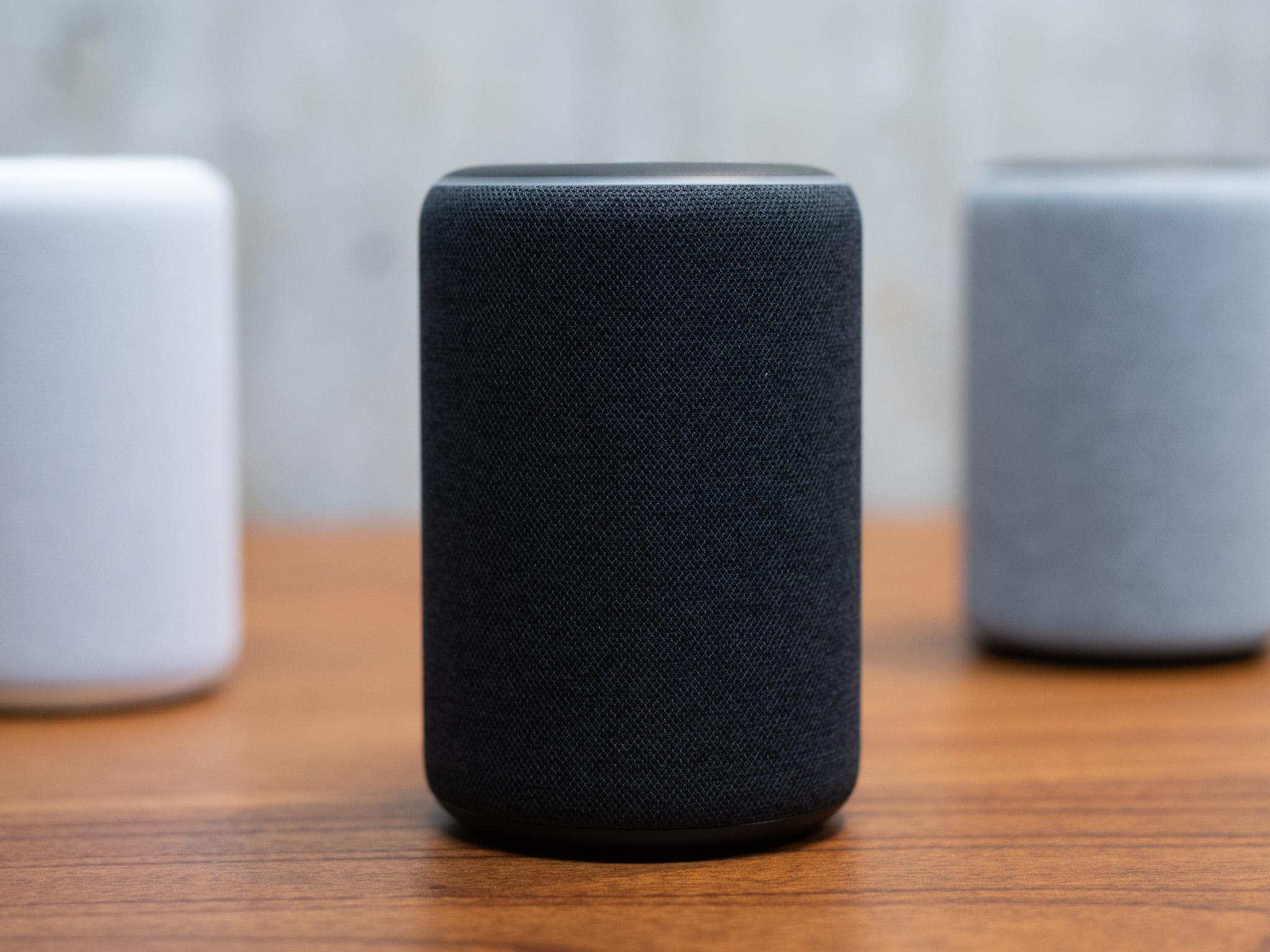Alexa should be banned from the bedroom, privacy expert says
Amazon previously admitted to employees listening to conversations

A prominent privacy expert has warned against allowing Amazon's voice assistant Alexa into the bedroom.
Hannah Fry, a mathematician with expertise in the algorithms tech companies use, said she did not use the smart speaker in upstairs rooms of her house due to revelations that it was eavesdropping on private conversations.
Amazon previously denied that its Echo devices were used to spy on people but earlier this year admitted that employees listen to customer voice recordings in order to improve speech recognition.
It was also revealed that recordings of personal moments were inadvertently caught up after the smart speaker was triggered by words that sounded similar to "Alexa".
After requesting audio data from Amazon that had been recorded by her Echo speaker, Dr Fry discovered it had picked up conversations that were never directed at the voice assistant.
With an estimated two million UK households owning Alexa devices, the associate professor warned people to be careful how they use them.
"I think there are some spaces in your home, like the bedroom and bathroom, which should remain completely private. This technology is activated by a trigger word, but it keeps recording for a short period afterwards. People accept that, but we should all spend more time thinking about what it means for us," she told the Mail Online.
"There are people who are very senior in the tech world who will not have so much as a smartphone in their bedroom. If a company is offering you a device with an internet-connected microphone at a low price, you have to think about that very carefully."
Amazon is not the only company that collects audio recordings from smart speakers, with Apple's HomePod also found to be sending voice data to employees for review.
"This information helps us train our speech recognition and natural language understanding systems," Amazon previously said regarding its collection of voice data.
"We have strict technical and operational safeguards, and have a zero tolerance policy for the abuse of our system. Employees do not have direct access to information that can identify the person or account as part of this workflow."
Despite these assurances, some employees admitted earlier this year to sharing amusing recordings with other employees via an internal chat room.
The tech giant has also been the subject of legal requests to hand over Alexa data as part of criminal investigations in the US.
Join our commenting forum
Join thought-provoking conversations, follow other Independent readers and see their replies
0Comments